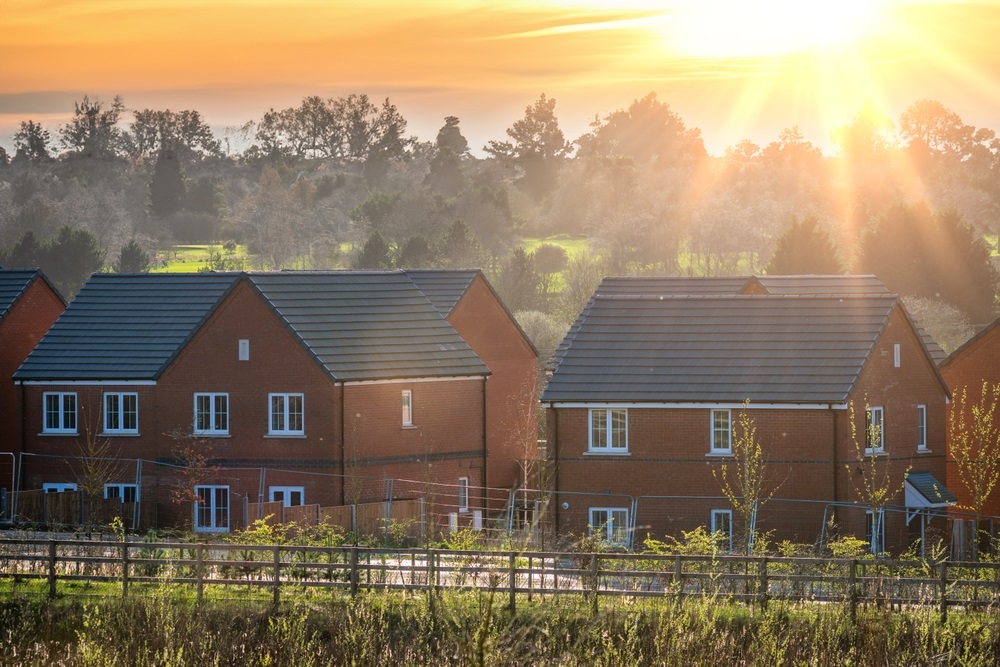City level house price growth appears to have peaked following a slower rate of growth post-election, new research shows. According to Hometrack’s UK Cities House Price Index, while city level house price inflation is 8.4% per annum compared to 6.6% in May, 13 of the 20 cities tracked by the index have registered a slower […]
 City level house price growth appears to have peaked following a slower rate of growth post-election, new research shows.
City level house price growth appears to have peaked following a slower rate of growth post-election, new research shows.
According to Hometrack’s UK Cities House Price Index, while city level house price inflation is 8.4% per annum compared to 6.6% in May, 13 of the 20 cities tracked by the index have registered a slower rate of growth post-election.
The firm said the year-on-year rate of house price growth masked more volatility in the underlying rate of growth.
The three-month rate of growth on an annualised basis has also plateaued. Hometrack said this was in part due to seasonal factors, as well as mortgage approvals increasing over June and July before falling by almost 20% in August.
While city level house price growth is still ahead of earnings and the UK as a whole, average house prices are below the levels recorded eight years ago in nine cities.
Belfast is the city with the lowest house prices relative to the 2007 peak at -46%, followed by Liverpool where prices are still 14% lower over the same period.
The three-month growth rate for homes 20 cities in the index is 3.7%, while for the UK as a whole it is 2.7%.
Richard Donnell, director of research at Hometrack, said: “It is important not to read too much into one month’s headline results but there are signs that the pace of city level house price growth is likely to continue slowing. There has been a surge of demand since the election in May but weaker mortgage approvals and evidence from survey data suggests less frenetic demand in the final quarter of the year.
“Putting the relative performance of UK cities into wider perspective shows a wide variation in performance from city to city emphasising that there is no single UK housing market – house prices in Belfast prices still remain almost half the level seen in 2007 while those in London are 43% higher. The variation in growth reflects the strength of underlying demand for housing and the health of the local economy with the index throwing light on these localised trends at a granular level.”














